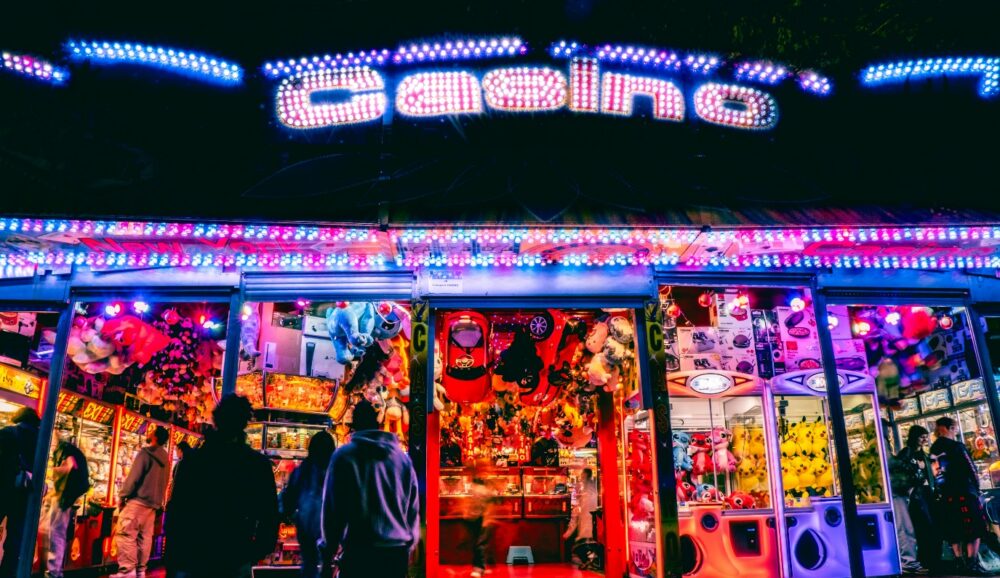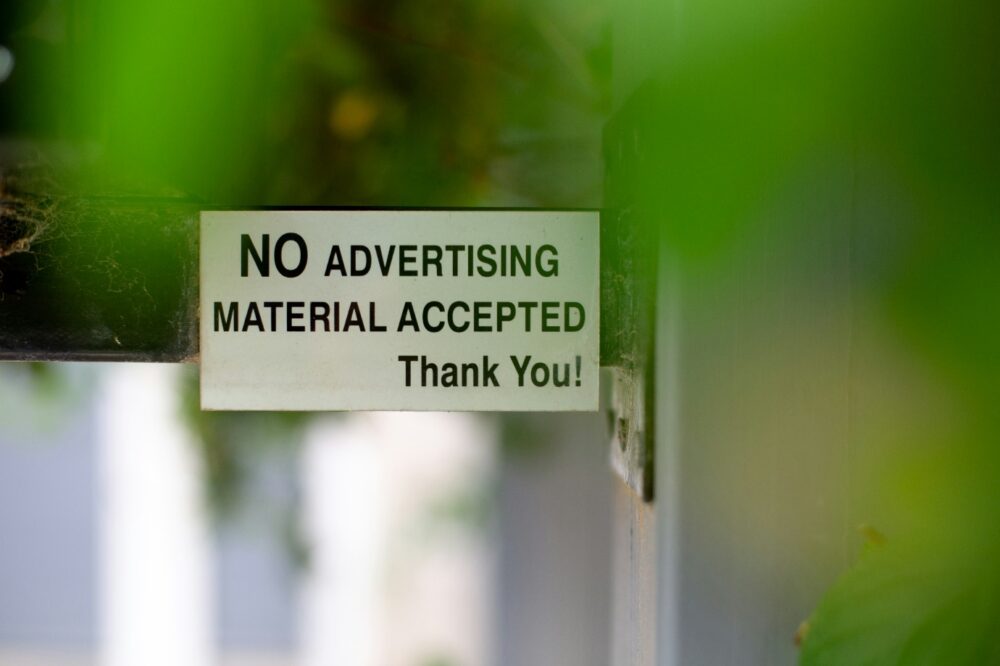Like most of the markets that have a significant bearing on their regional tone, South Africa is an influent player when it comes to regulatory trends in the world of gambling. Given that its gambling-related policies are quite influential as a model of wide applicability in the context of Africa, it’s always worth examining them.
The last statement is even more relevant when it comes to the permutations that we see in the industry worldwide. We are seeing a tandem of both the liberalization of this medium and the tightening of regulations.
Lawmakers and executive officials have recognized the financial viability of having a regulated market, which means a controlled environment that generates tax revenue. Moreover, there is more and more recognition of the inescapable fact that citizens will find ways of gravitating toward gambling services, even if they are illegal and outside regulations.
Plenty of markets have showcased that providing a competitive and satisfying gambling environment generates interest in playing by the rules. However, the societal discourse around the psychological effects of gambling has given rise to the need for tight control over the propagation of this phenomenon.
South Africa shows a penchant for using such gambling services. Data sourced from BetOnValue suggests that users located in the nine provinces of South Africa are actively trying to access offshore gambling services. As such, relevant details from the 2025 South African gambling regulations landscape are worth an article such as this one.
The current regulatory landscape
For anyone who is not necessarily aware of how the regulatory landscape appears, most of it is under the sign of the National Gambling Act of 2004. Starting with a tradition in the latter half of the 17th century, gambling has been taboo, and the statecrafting and political developments of South Africa have moved the landscape.

The first major development after the democratization of the country was the National Gambling Act of 1996, opening the way for a licensed casino system and the establishment of a national lottery.
The 2004 Act, followed by the National Gambling Amendment Act of 2008, has been the main piece of legislation that has shaped the board.
The most interesting part about this situation is the somewhat compromising element. While the 2005 Act technically restricts online casino gaming on a national level, there is quite a bit of legislative autonomy for each province to regulate online gambling operations. It is up to them to decide what goes within their jurisdiction.
As a result, we see quite a few online-operated brands that provide casino games under the express acceptance of provincial control boards. They are accompanying elements of sports betting, which is legal in South Africa. It’s also very popular, culminating in happenstances like Betway’s sponsorship deal with the PSL.
Currently, there are tens of operators that are distributing sportsbook services, courtesy of both the National Gambling Board and province-level licensing.
The Remote Gambling Bill is still up in the air
The proposed Remote Gambling Bill is a slow-moving project that aims to be a game-changer in South Africa. It’s one of the most contentious pieces of legislation in the country’s relationship with this type of entertainment. It’s a matter of perceptions, since its detractors see it as opening the floodgates rather than bringing regulatory openness, clarity, and control.
The Bill has been a point of incredibly contentious discourse as recently as August 2025. Makashule Gana, an MP representing Rise Mzansi, has been extremely vocal about the moral corrosion that he considers online gambling to be. His statements back in 2024 have been particularly antagonizing, finding the medium to be extremely problematic.
The most recent development with this piece of legislation that has been a sore point in the South African Parliament is its status. The Trade, Industry & Competition (DTIC) Portfolio Committee has yet to discuss, as of two months removed from the redaction of this article.
Recent changes of note
Despite the stalling of the regulatory process that would further liberalize and implement market-wide legislative standards, the South African gambling scene has not been stalling completely.
There are methods of advancing and refining the experience of gamblers around the country, even if it is on a very simple level. This is the kind of development that we can identify as relevant in the 2025 South African gambling scene.
More clarity on advertising rules
The Advertising Regulatory Board of South Africa released a Gambling Advertising Appendix at the end of 2024, with the complete implementation coming this year.

Aligning with the framework of the Gambling Act of 2004 and the wishes of the Gambling Board, this appendix made things exceedingly clear when it comes to the rules that operators must respect in the effort to market their services.
The principles, which are in tune with all the other jurisdictions in the world that keep things tight, require transparency and detailed disclosure, with details such as:
- Clarifications on the language and message of gambling advertisements. It must not be indecent, misleading, and ensure that they do not promote gambling to excluded people and minors.
- It must be clear that gambling is not a skill-based activity, nor is it a form of investment. As a result, it cannot bring the automatic covering of losses, financial security, or prosperity.
- It must not promote gambling as a free or discounted activity under any circumstance.
Intense clampdowns on unlawful gambling
This action does not require a whole lot of introductions. Simply put, government authorities, via the National Gambling Board, have taken the necessary steps to curb illegal gambling.
The truth is that there are thousands of casino platforms that operate either semi-legally or illegally by providing offshore-based remote gambling services. As mentioned above, there has been a very clear sub-market that has been trying to captivate South African players by leveraging ZAR as their main currency, for example.
In an effort to curb this kind of exposure, authorities have been cracking down on operations accepting South African players, making sure that there is less (preferably none) access to such illicit gambling.
Stronger player protection policies
Given that they are somewhat aligned in the same spectrum as the policies added to the advertisement rules, we could’ve added them to that section as well. However, there are certain elements that stick out to a degree that they deserve their own highlights.
We have identified them as follows:
- Warnings related to the possible effects of gambling. The risk of compulsive gambling must be a disclosed detail on every piece of advertising. The age barrier of 18+ is also a method of reminding citizens about the legal age of gambling.
- The front-and-center promotion of the National Responsible Gambling Programme. Since it provides a knowledge hub, self-exclusion, and even a parent zone, this program is a crucial element that deserves recognition, as identified by the NGB.
- Any form of media must dedicate at least 10% of its space (in an abstract sense, since radio ads are audio content) to the promotion of responsible gambling messages.
- For minor protection, there must be express avoidance of advertisement placements near media content, venues, or schools.
Conclusion
To conclude, South African gambling finds itself in quite a complicated position in 2025. The government is tightening its grip on the market in an effort to contain its unfortunate effects. However, it still operates on relatively old legislation, and any breakthrough doesn’t really seem to be too close to the horizon. If you’re from any of the provinces and have access to gambling of any kind, only do so legally and play responsibly!